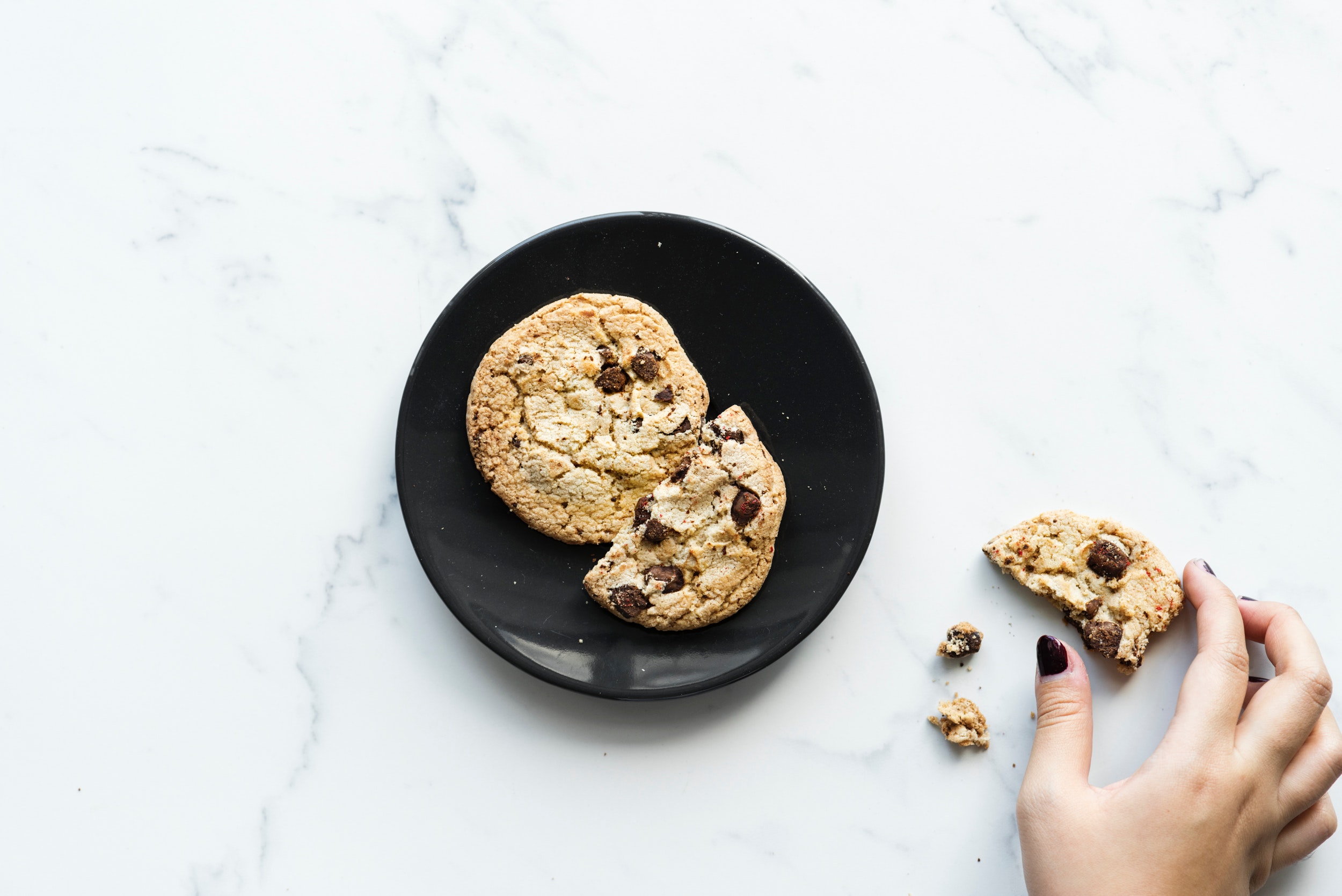Our Relationship with Food
*Disclosure, this content and the respective discussion held as a result may be a trigger for those who have previously had or are currently struggling with an eating disorder. This blog does and should not replace professional, medical advice and should not be used to diagnose or treat an eating disorder. Please reach out to a medical professional if you are feeling triggered by its content or need further assistance. Additionally, you may reach the Eating Disorder Helpline at (800) 931-2237.
Written By: Heather Gerrish, RDN
Our relationships with food can change over time. Sometimes food can be viewed as a positive - fueling the body and providing power and strength to perform do amazing things! While at other times it can be viewed in a negative light, as shameful or as punishment. When food is used as punishment or dangerous habits become more apparent in our normal routine including over-restricting, binge/purge cycles, hiding food or hiding skipped meals, can lead the beginning signs of an eating disorder.
This blog will review various aspects to considerations when reflecting on your own relationship with food and also provide avenues to reach out if you or someone you know might need more help with their own relationship with food.
How do our emotions change, and how do we seek out help when we need support mending this relationship? With every complex question is a more in-depth answer, but knowing that there are individuals who are specially trained in helping you mend your relationship with food and that are available when you might not know where else to turn is the most important aspect when thinking about eating disorders. For more information on support and help available to those who wish to know more or seek out help for an eating disorder or related behavior, the National Eating Disorder Helpline is a great resource.
Not all relationships with food are the same, and neither are eating disorders. There are different classifications of eating disorders within the medical field. They include anorexia nervosa, bulimia nervosa, binge eating disorder and eating disorders not otherwise specified. You can read more here about further descriptions of each of these diagnoses and there specific characteristics.
If someone has an eating disorder, that does not mean they will never have a safe relationship with food and neither does it suggest that they developed an eating disorder because of something specific. There are multiple factors that could influence the development of an eating disorder and it is important to limit judgment on those who openly share this with others and instead be a source of support.
In a community where sports-focused training can and often does highlight the importance of physique, can be troubling for some athletes. Not to suggest that individuals who are involved in other sports are not at risk for developing an unhealthy relationship with food, but that sports that put an emphasis on body shape and size tend to push athletes to partake in these habits more often due to the added pressure to look a certain way. This heightens the importance for creating a balanced relationship with food that emphasizes food as fuel even more.
Society is also a source of added pressure, for both men and women, to look a certain way - from watching television and seeing celebrities to online platforms like Instagram and Facebook showcasing images that might not even be real - but photoshopped - influencing our perception of beauty.
~~~
When was the last time you compared yourself to another person on Instagram or online?
How did that make you feel? Did you think about what they altered or did to prep for that photo? Is the photo realistic?
~~~
Athletes work HARD to be strong and flexible and build muscle to propel them during their performance - their bodies performing as machines that need fuel to work and work well. So how does one find balance between athleticism and having a healthy relationship with food? Practice and support.
Thinking about food in terms of what it can do for your body and how it fuels you to do the things you love is a positive way break free from and step out of the constant pressure of diet culture to best develop your personal, intuitive and natural relationship with food.
If you feel like you are struggling to make your relationship with food a healthy balance of enjoying your meals and understanding that food is fuel, reach out to someone you trust. There is no shame in connecting and sharing your questions - or even struggles - with others you have in your inner circle. You might just find they were the help and guide you needed. Also, if you or a friend are struggling with an eating disorder, or believe that you or someone else is showing signs of restrictive eating, has an intense fear of gaining weight to a healthy clinical BMI range or uses exercise as a compensatory mechanism for overeating or any behavior that could be a danger to their health, below are resources and contacts to seek help (it can even be anonymous).
National Eating Disorder Association
Practice your own balance and help others do the same. We are in this together!
References:
Summary of DSM 5. Biodiversity Data Journal 4: E7720. https://doi.org/10.3897/BDJ.4.e7720. (n.d.). Summary of DSM 5. doi:10.3897/bdj.4.e7720.figure2f
National Eating Disorder Association. Retrieved from https://www.nationaleatingdisorders.org/



